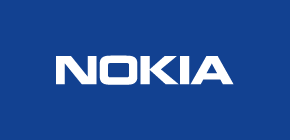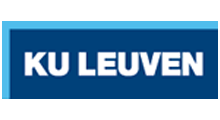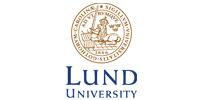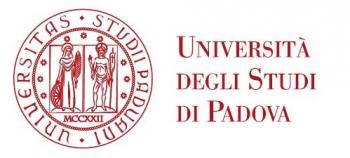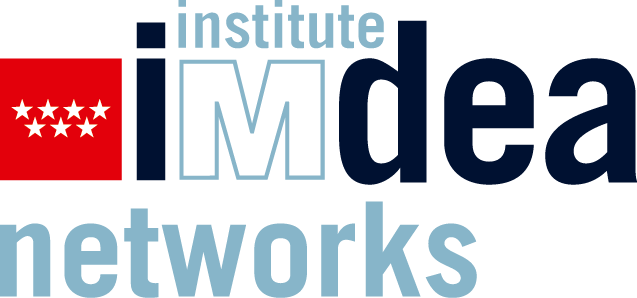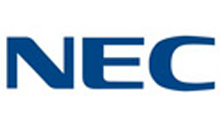The global telecommunications market has become tremendously competitive due to the emergence of new Asian players and saturation of traditional products (e.g., mobile broadband), which has decelerated the growth of the EU’s telecommunications market. Thus, without dramatic innovation to open up new markets, EU’s telecommunications industry is at risk.
However, new markets such as industry 4.0 and autonomous driving demands extremely high data rates which can only be provided at mmWave frequencies. To successfully overcome mmWave challenges, a closely integrated, skilled and multi-disciplinary team is needed to co-create innovative technology and applications.
The ETN for MIllimeter-wave NeTworking and Sensing for Beyond 5G (MINTS) offers the first training program on mmWave networks that covers the full stack from physical layer to application. MINTS is an inter-sectoral and interdisciplinary cluster of excellence formed by electrical engineers and computer scientists aiming at innovative solutions for future mmWave networks and has pooled leading members of large EU initiatives (5G PPP), EU projects (ERC, H2020), and major telecommunications manufacturers (NOKIA, Sony, NEC), operators (e.g., Italtel, Proximus) and prototype providers (NI).
MINTS lays the foundation for resilient mmWave networks by enhancing physical-layer robustness via dynamic multi-beamforming techniques (WP1) and leveraging the directionality and broad communication bandwidth of mmWave systems for accurate environmental sensing (WP2).
MINTS addresses the networking issues of dense mmWave systems through advanced interference control and secure algorithms (WP3) and devises application-specific solutions for emerging application of mmWave communications, including industry 4.0, V2X and augmented reality (WP4).
The 15 ESRs in MINTS benefits from a comprehensive soft-skills training (WP5) and a tailored dissemination and exploitation strategy (WP6) which will boost their careers.

This project has received funding from the European Union’s Horizon 2020 research and innovation programme under Marie Sklodowska-Curie grant agreement No.861222.
